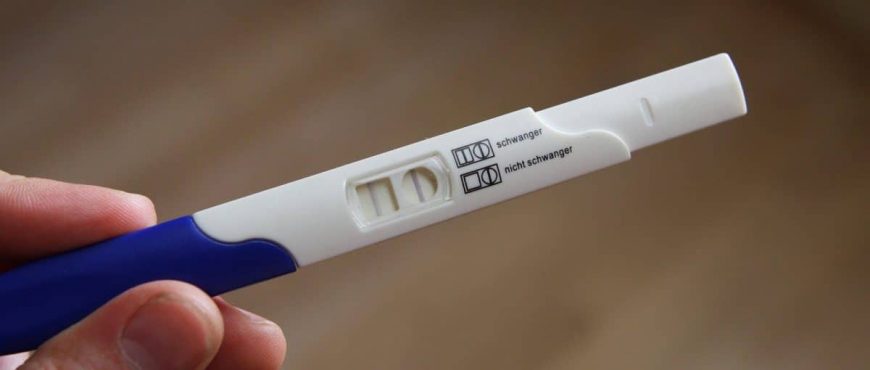


Morning sickness, and especially hyperemesis gravidarum (severe morning sickness) - which can cause vomiting - can also lead to dehydration, according to the American College of Obstetricians and Gynecologists (ACOG). Pregnant women need to drink more water than normal, and your urine color can help you determine whether you’re getting enough fluids. If your urine looks darker and more concentrated, it could be a sign that you are dehydrated, per the Cleveland Clinic. The color and smell of your urine can change when you’re pregnant. It may help to take frequent bathroom breaks, and to practice Kegel exercises to strengthen the pelvic floor muscles, according to the Office on Women’s Health. It’s also normal for some urine to leak when you sneeze, cough, or laugh. As the pregnancy continues, the uterus pushes down on the bladder, urethra, and pelvic floor muscles, and this pressure also leads to the urge to urinate more frequently. This makes it fill with urine more quickly, and you’ll will feel the urge to urinate more often and more urgently, according to Merck Manual. This happens because the body begins producing the pregnancy hormone hCG after implantation of the embryo in the uterus, and this hormone can cause frequent urination.Īs the fetus grows, the uterus begins to press on the bladder, making it smaller in size. Many pregnant women will experience changes in their urine throughout their pregnancy, and many may notice that they are urinating more frequently than normal even before they have missed their first period or taken a pregnancy test, per the Cleveland Clinic. The Cleveland Clinic recommends taking a pregnancy test in the morning as soon as you wake up, because this is when urine is the most concentrated with hCG. Positive results can be trusted, but you can get a false negative result very early in pregnancy. Pregnancy kit manufacturers say that at-home pregnancy tests are 97 to 99 percent accurate when used as directed on the package, according to the Cleveland Clinic. After a pregnancy loss, it takes roughly four to six weeks for hCG levels to return to normal. Low levels of hCG, the hospital notes, may suggest a miscarriage or an ectopic pregnancy, while extremely high levels of hCG may suggest that there is more than one fetus (twins or triplets), a molar pregnancy (in which there’s a genetic error during the fertilization process), or, more rarely, ovarian cancer. At three weeks, hCG will be between 5 and 72 mIU/mL and will likely result in a positive test, per Mount Sinai. The expected HCG level is based on the length of the pregnancy.

If you’re not pregnant, the HCG reading will be less than 5 mIU/ml. HCG levels are measured in milli-international units per milliliter (mIU/ml), which increase as pregnancy progresses.
#Uti false negative pregnancy test professional
Your healthcare professional can also test for hCG using a blood test to confirm pregnancy status. Food and Drug Administration (FDA) recommends testing one to two weeks after you miss your period, and with your first urination of the day, for the most dependable results. HCG levels increase quickly and peak within the first trimester, after which they will declining slightly. HCG is a hormone made by the placenta when you are pregnant, and it appears after the embryo attaches to the wall of the uterus. Many women will discover they are pregnant when they take a urine-based home pregnancy test.Ībout 12 to 15 days after conception, a urine test should be able to detect levels of the hormone human chorionic gonadotropin (hCG), according to Mount Sinai. How Changes in Urine Show Up in Pregnancy Tests


 0 kommentar(er)
0 kommentar(er)
